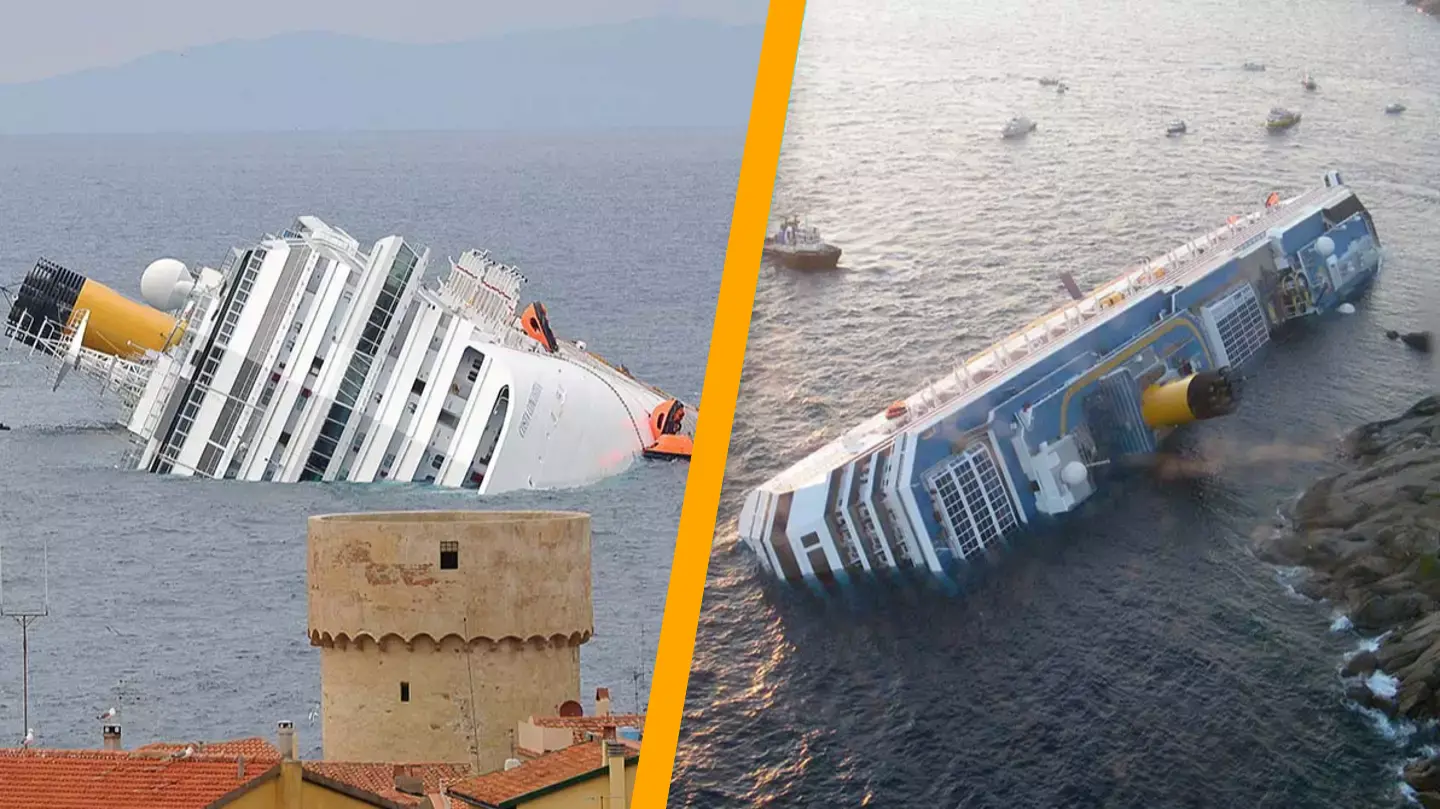A catastrophic event on a cruise ship led to the tragic loss of numerous lives, attributed to human error.
The Costa Concordia, a cruise vessel, departed from Civitavecchia, Italy, on January 13, 2012, with over 3,000 passengers and more than 1,000 crew members on board.
The ship was under the command of Captain Francesco Schettino, and only a few hours into its voyage, a disaster unfolded.
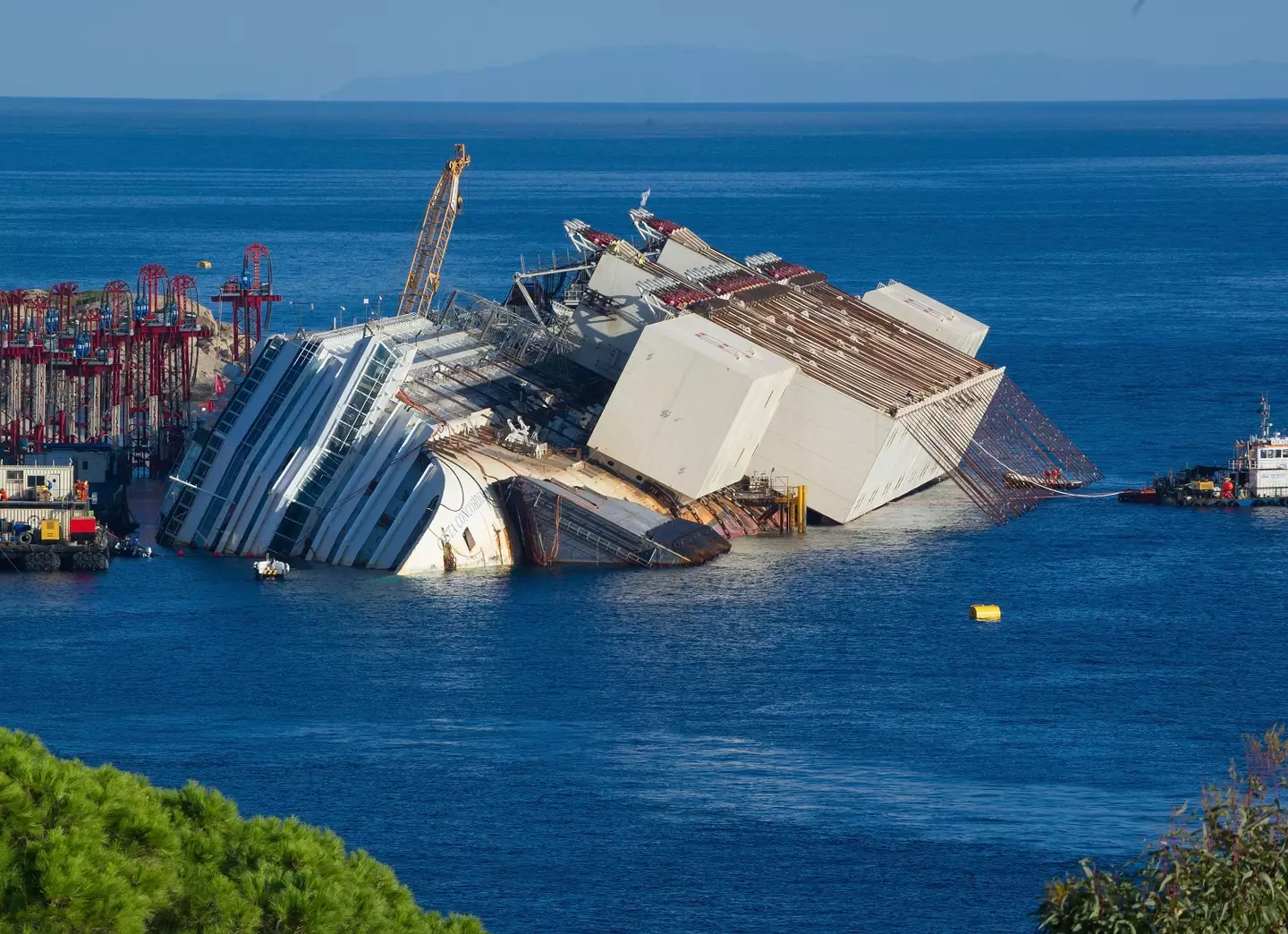
While approaching Giglio Island, Tuscany, it is alleged that Schettino decided to navigate near the shore to provide passengers with a picturesque view.
This decision reportedly led to a deviation from the ship’s planned course.
The crew navigated the ship perilously close to the shore, resulting in a collision with the rocks. The impact compromised the ship’s integrity, allowing water to flood in and endangering the lives of all 4,229 individuals on board.
As water continued to inundate the ship, the engine rooms were flooded, causing a power outage, as reported by BBC News.
At this juncture, the harbormaster was alerted to the situation, but Schettino and his team failed to mention the collision, only disclosing the blackout issue.
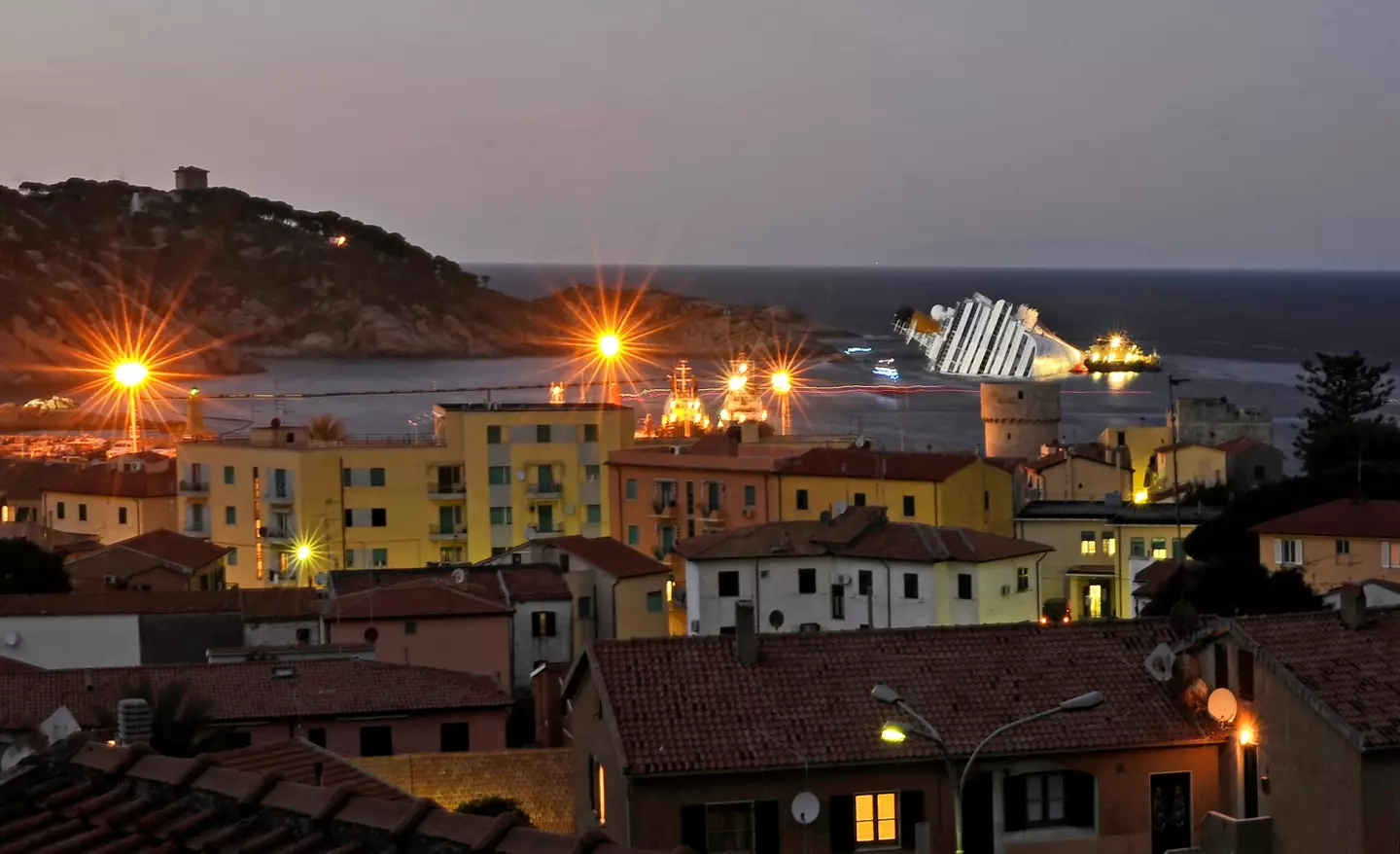
Eventually, the ship listed 30 degrees, prompting the captain to issue an evacuation order just before 11 pm local time.
Traditionally, a captain is expected to remain on board until nearly all passengers are evacuated, but Schettino abandoned the ship early.
A coastguard commander instructed the captain to return to the vessel, but Schettino declined.
He later claimed that he ‘fell’ into a lifeboat due to the ship’s incline.
Though the majority of passengers were safely evacuated, 32 lives were tragically lost.
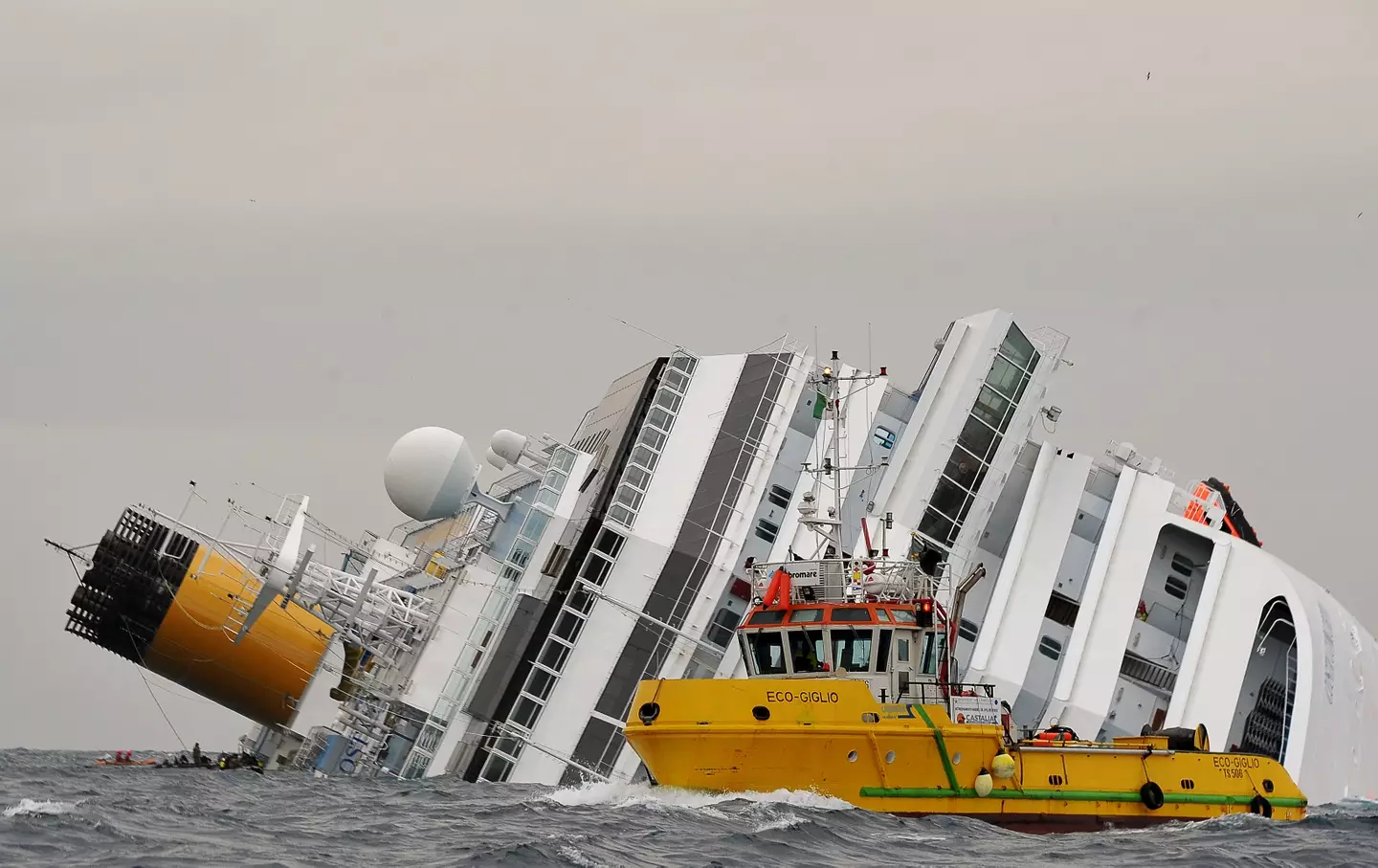
In addition to diverging from the planned route, a language misunderstanding between Indonesian helmsman Jacob Rusli Bin and Schettino resulted in the helmsman steering in the wrong direction.
Efforts to correct the mistake took 13 seconds, by which time the stern collided with the rocks.
Schettino later tried to attribute the mishap to Rusli Bin, suggesting that a prompt response to his command could have averted the crash.
Nevertheless, an Italian naval admiral testified that even with a timely response from Rusli Bin, the collision would have occurred regardless.
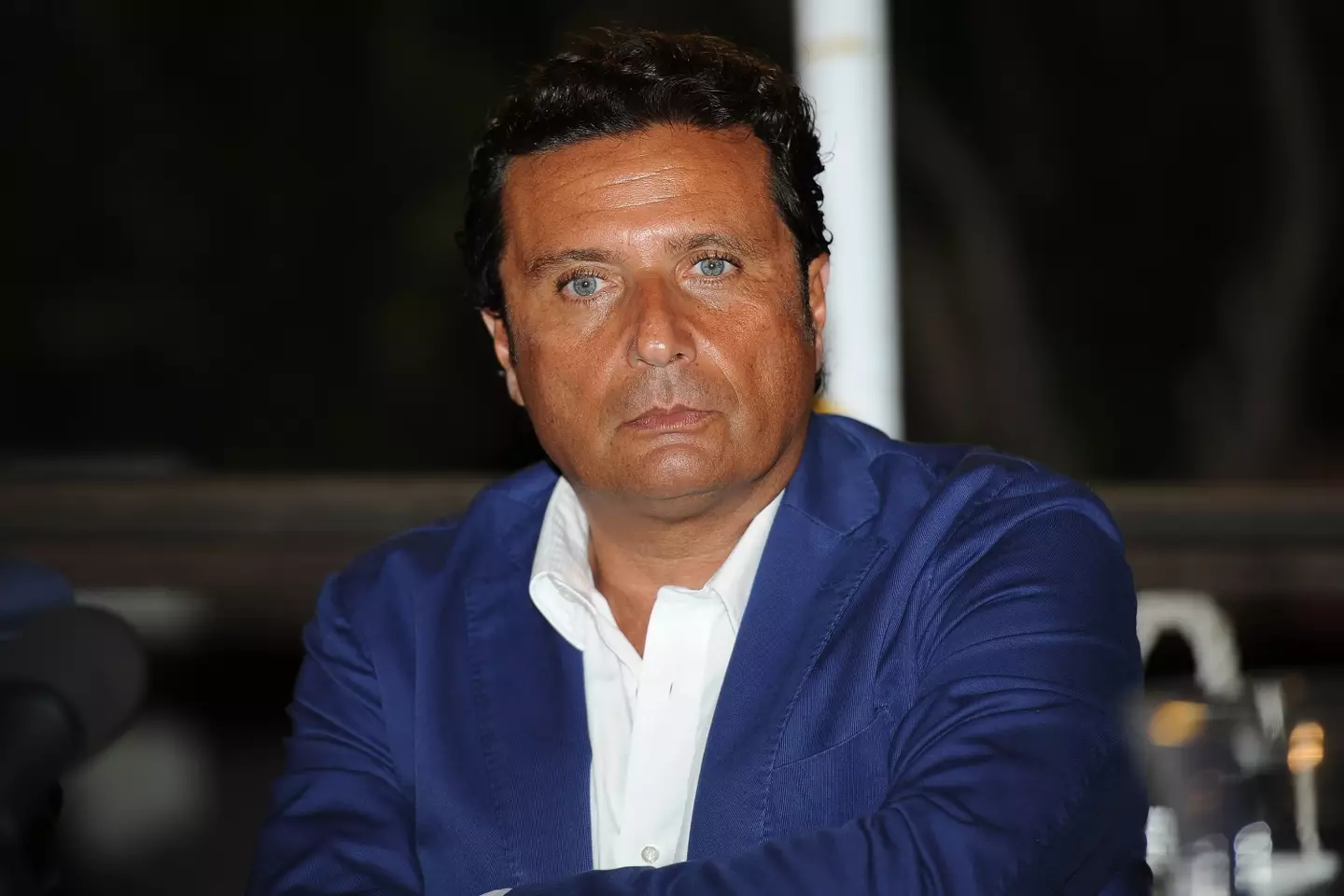
Three years post-incident, Schettino faced convictions for manslaughter, causing a shipwreck, abandoning ship before the evacuation of passengers and crew, and deceiving authorities about the event. These charges resulted in a 16-year prison sentence, commencing in 2017.
Others, including Roberto Ferrarini, the company’s crisis director, were also charged in connection with the disaster.

